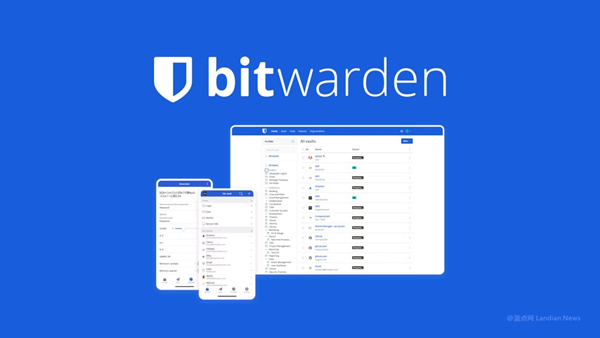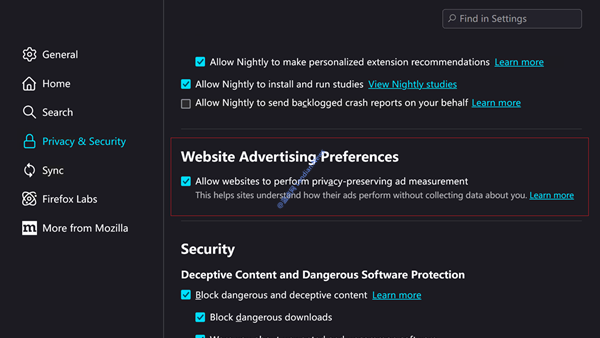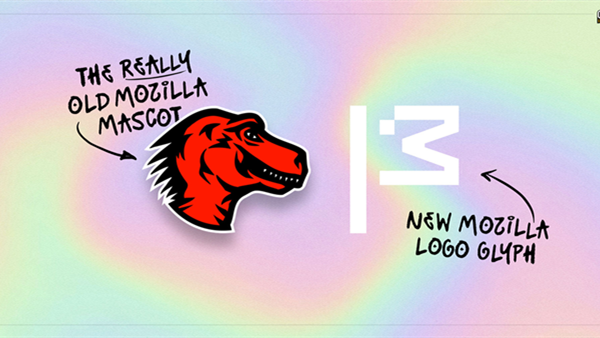Firefox Browser Phases Out the "Do Not Track" Option: A Move Beyond a Mere Joke
The "Do Not Track" (DNT) option is a feature supported by all browsers, designed to send a signal to websites/servers when activated by the user, indicating a request not to be tracked.
However, the efficacy of this feature has been largely symbolic, as the majority of websites do not honor this request. Furthermore, transmitting this metadata could inadvertently lead to additional, unwanted tracking.
In response to these concerns, Mozilla Firefox is removing the DNT option in its nightly builds, with plans for a complete phase-out in the official release of Firefox version 135.0. Users updating their browsers will soon find the DNT option missing from their settings.
Initially introduced by researchers in 2009, with Firefox being the first browser to adopt it, the DNT feature aimed to protect user privacy. However, the Mozilla Foundation has recognized that websites have largely disregarded users' privacy preferences. Continuing to send the DNT signal could, paradoxically, compromise user privacy by serving as a tracking vector for some websites or advertising networks.
As an alternative, Firefox users are encouraged to utilize the browser's robust privacy protection features, which are designed to block various trackers from advertising networks more effectively than the DNT signal could. Firefox's privacy features work by directly blocking connections to known ad trackers, effectively preventing them from reaching users, rather than merely signaling a preference not to be tracked.
Firefox defaults to "Standard" protection, with an option for users to enable "Strict" protection for enhanced blocking capabilities, which may affect the loading of some websites. Users can choose their preferred level of protection based on their individual needs.










